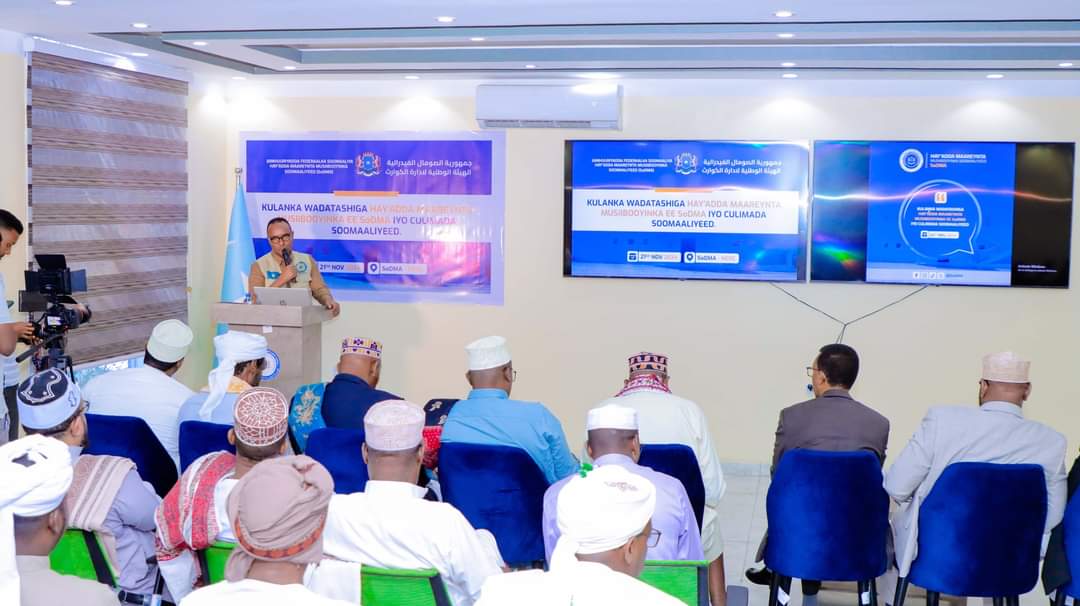Kigali — How can the European Union sign an agreement on the sustainability and traceability of strategic minerals with a country that does not produce them itself, but obtains them illegally from a neighboring state? This is what “Insieme pace per il Congo” and seven other organizations, including the “Rete Pace per il Congo” Network (promoted by missionaries operating in the Democratic Republic of Congo) who in a statement sent to Fides are calling for the annulment of the protocol agreement between the EU and Rwanda signed on February 19th. The agreement had already been criticized by Cardinal Fridolin Ambongo Besungu, Archbishop of Kinshasa (see Fides, 27/2/2024). According to the EU, Rwanda is “a major global player in the tantalum mining sector. The country also mines tin, tungsten, gold and niobium and has reserves of lithium and rare earths”. It is emphasized that the agreement aims to “express the firm intention to respect legality in accordance with the traceability standards that Europe has set for itself for 2021”. “It is a shame, however – continues the statement – that the EU is investing in this direction in a country which does not have significant quantities of these minerals, a country which has only become a major exporter thanks to the wars that “have raged in the country since 1996, always through clandestine movements which, in recent years, have taken the name of M23 (see Fides, 13/2/2024, ed.)”. “From the east of Congo, with the support of corrupt officials at various levels, the valuable minerals gold, coltan and rare earths have been flowing in large quantities to Rwanda and other eastern neighboring countries for years…. Complicity at the borders, various types of subterfuge, but today they flow openly, thanks to the territories occupied by the M23-Rwanda across the border, at the cost of deaths, violence of all kinds, theft of the property of a population whose only fault is to live in a coveted territory, and more than a million displaced people – in the East alone – surviving or dying miserably in makeshift huts in the middle of the rainy season,” the document says. “If the aim of the February 19 agreement, as the European Parliament has stated in response to the numerous criticisms, is ‘to increase traceability and transparency and to strengthen the fight against illegal trade in minerals’, was it not more appropriate to sanction Rwanda instead of concluding agreements with it on the very fruits of the theft which is currently taking place?” asks “Insieme per la Pace nel Congo”. “Echoing the many voices that have been raised against the agreement in question, both by the authorities, by Congolese citizens, by European countries such as Belgium and by MEPs, we too as «Insieme per la Pace nel Congo» Committee also appeal to the European Union to cancel this agreement, in order to contribute to peace in the region. We believe that only a fair and impartial attitude can promote peaceful coexistence in the African Great Lakes region of Africa”, the statement said.









